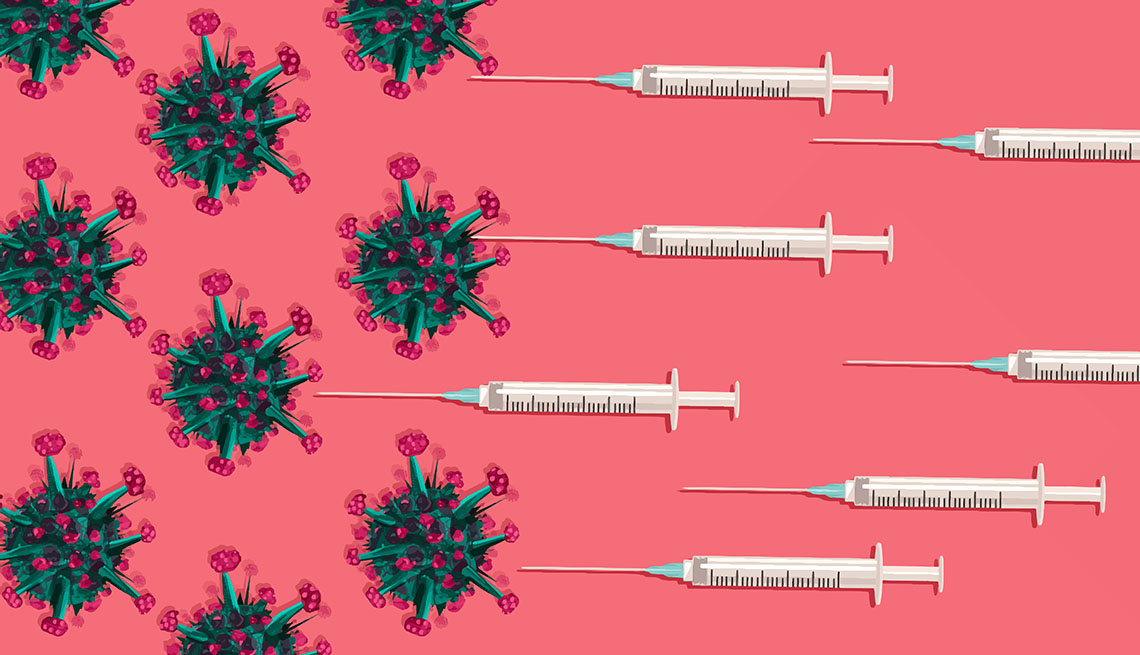
How long does a covid booster shot last?
- Select a language for the TTS:
- UK English Female
- UK English Male
- US English Female
- US English Male
- Australian Female
- Australian Male
- Language selected: (auto detect) - EN
Play all audios:

“We begin to see within 60 days that the quality of your protection against infection starts to decrease. And, in fact, by six months or so, you have very little protection against
infection. But your protection against severe disease, like death and hospitalization, remains pretty good. It’s not 100 percent — it never is. But it’s pretty good,” Poland says. Several
factors influence overall immunity. Antibodies are the vanguard of the immune defense. These germ-attacking proteins spike after vaccination or infection (both trigger their production) and
circulate in the blood, keeping an eye out for the virus. If they recognize an invader, they’ll attempt to bind to the virus, interfering with its ability to infect the cells. However,
omicron and its subvariants, like the now-dominant XBB.1.5, are better at sneaking around these antibodies, which is why people who have been vaccinated or infected, or both, can still get
COVID-19. That’s where the next line of defense comes in: specifically B cells, which make the antibodies, and T cells, which patrol and destroy the cells infected with the virus. These key
players are sometimes referred to as “memory cells.” The B cells “have this amazing capacity of continuing to evolve,” says Alessandro Sette, a professor at La Jolla Institute for
Immunology. Research has shown that even months after vaccination, the B cells keep working to make stronger, more effective antibodies. What’s more, research from Sette and others shows
that the majority of T cells — these are the cells that help to control and terminate an infection — generated after COVID vaccination continue to recognize coronavirus variants, including
omicron. “It’s the T cells that protect you against severe infection, hospitalization and death,” Poland says, noting that the protection might not be as robust in immune-compromised
individuals. CDC data from January through May show that even though protection against hospitalization after a bivalent booster drops over time, it’s more sustained against critical
illness. It’s not clear how long these responses last, but B and T cell responses tend to persist for some time, experts say.
